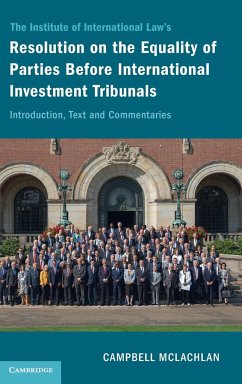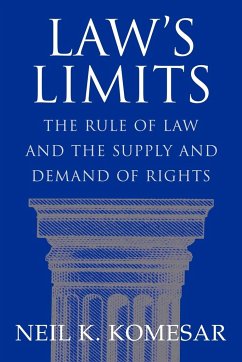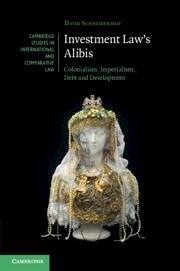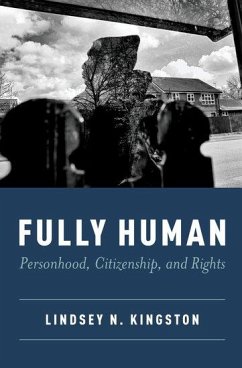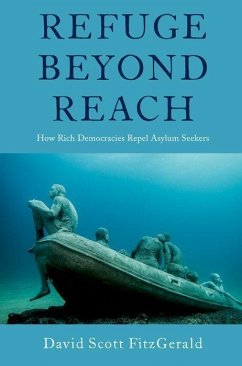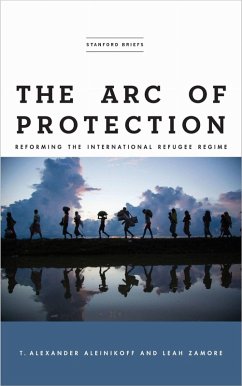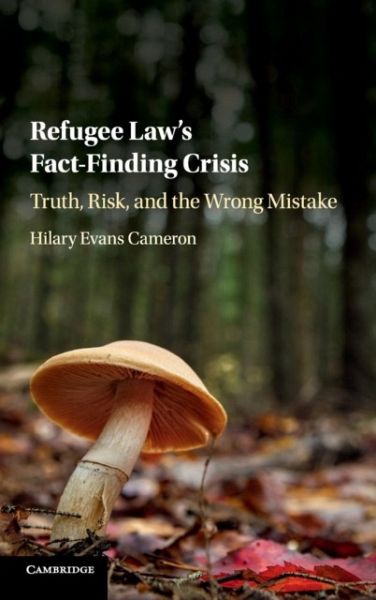
Refugee Law's Fact-Finding Crisis
Versandkostenfrei!
Versandfertig in über 4 Wochen
123,99 €
inkl. MwSt.
Weitere Ausgaben:

PAYBACK Punkte
62 °P sammeln!
With refugee crises featuring in the news daily, the failures of refugee law and refugee protection are increasingly apparent. This book suggests a way forward. For scholars and students of refugee law, refugee studies, forced migration, and administrative law, along with lawyers and policy actors.






